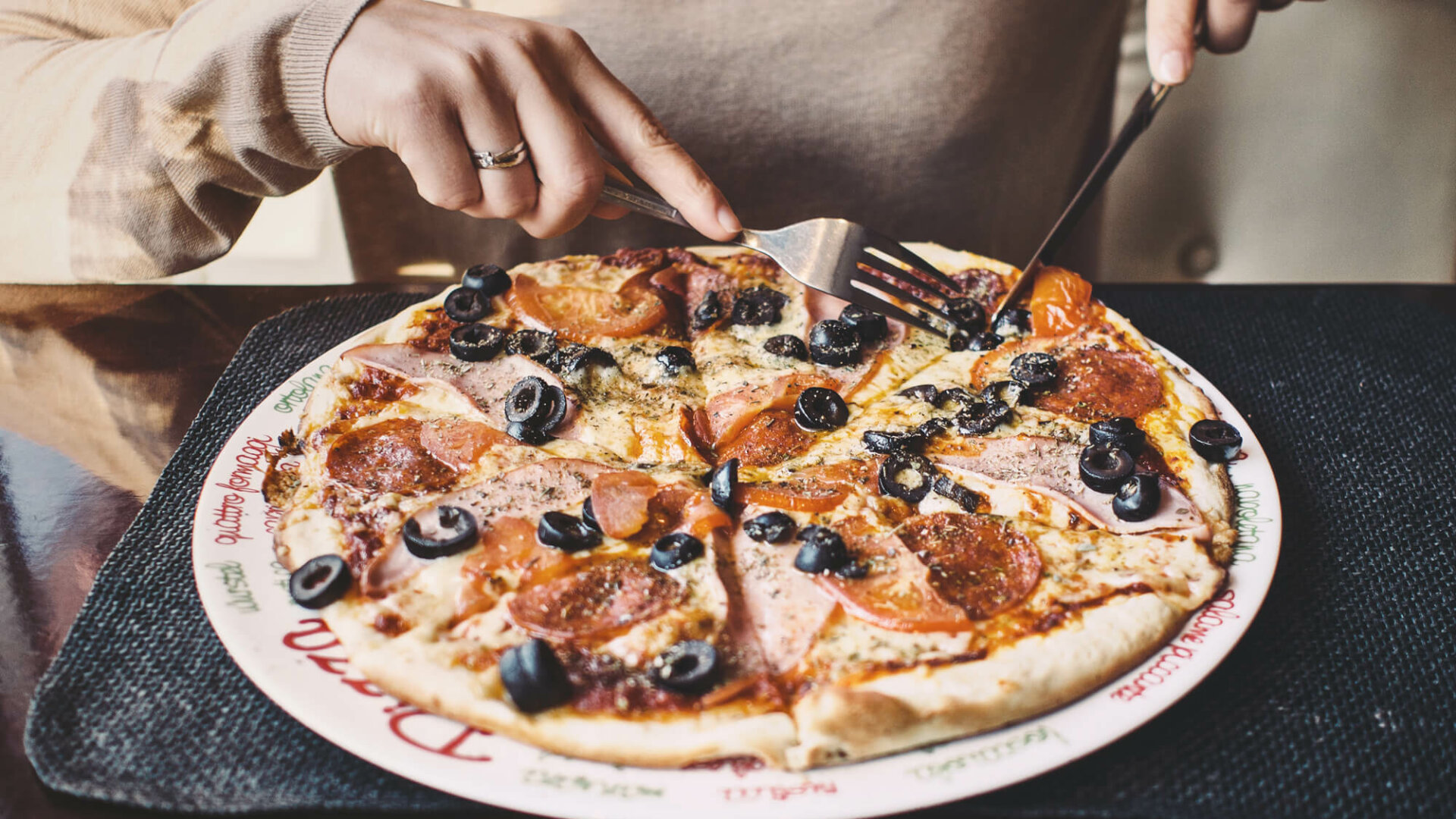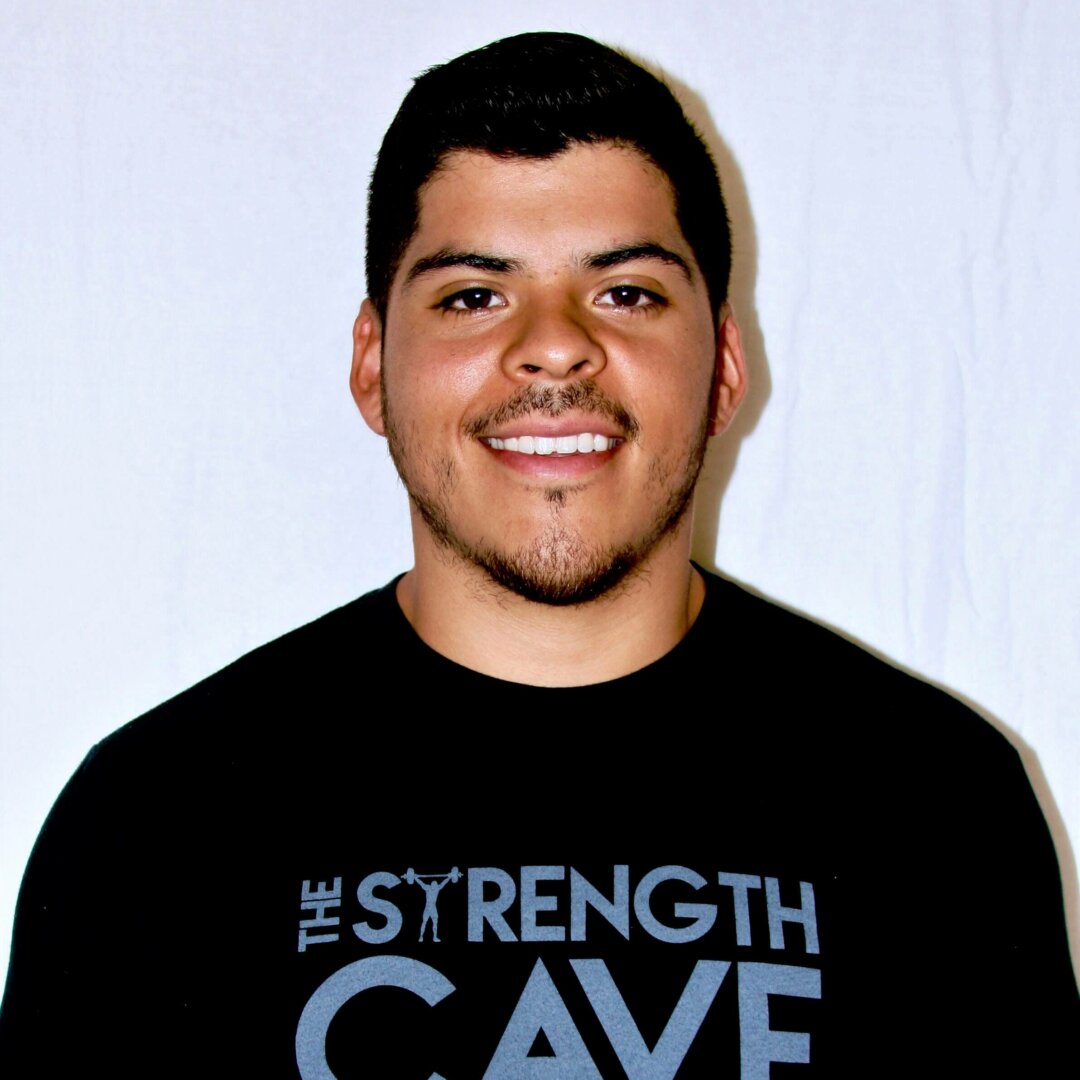So much has been made, and continues to be made, about the importance of “clean” eating. Anyone who is serious about his or her diet has heard the countless tips about eating whole, organic, non-processed foods in order to be lean and healthy. Nowadays, many people understand that eating a few treats here and there is not going to kill your progress. In fact, including a few “dirty” foods in your diet seems to allow for better adherence and thus better results in the long run. But, while everyone has been arguing about whether certain foods should or should not be included in the diet, many people have overlooked the basics of how we nourish ourselves.
Our eating habits should be explored further than just the foods we eat or the macros we consume. One aspect that is often overlooked is food hygiene. At first glance, this might seem to refer to the cleanliness of the foods we eat, but food hygiene has little to do with whether you wash it before you eat or how many pesticides it may contain. Instead, it deals with the habits that you exhibit around meal time. Unfortunately, most people think that the way you get food into your body has little impact on your health. While eating “dirty” foods may not be totally destructive to your health, “dirty” eating habits can lead to diminished health and performance in the long run
What Is Food Hygiene?
When you think about “hygiene” you probably picture cleanliness or sanitation habits, but when it comes to our food, it deals more with how we eat as opposed to whether or not we wash our food. Instead, we are talking about the mechanics of our eating habits and the practices we display around meal time.
Starting from the beginning, the period of time that leads up to your first bite is important. Many people forget that eating a meal should be a parasympathetic event. As such, you should strive to put yourself in a relaxed and stress-free state before you eat your meal. Unfortunately, many people in today’s society are mindlessly eating while they are working, making phone calls, or even driving to an appointment.
As you progress through a meal, you should continue to stay present in the act of eating. Smelling, tasting, and thoroughly chewing your food is a crucial component of nourishing yourself. There are a couple of reasons for this. First, digestion starts in the mouth through the release of salivary enzymes. These enzymes begin to break down the macronutrients in our food, which will help derive more nutrition and pleasure from the food [3]. Second, chewing thoroughly helps to decrease the burden that your food has on your digestive tract by decreasing the size of the food particles that it has to deal with [1].
After a meal, taking some time to move around and let the food settle is a perfect way to cap it off. You can think of this as a “warm up” to the rest of your day by preparing your body to switch back into productivity mode. This is important if you have reached the parasympathetic state that should come from enjoying a meal.
How Does it Impact Your Body?
It may seem silly or unimportant to have a routine around your meals, but overlooking this aspect of nutrition can lead to some poor outcomes. The parasympathetic nervous system is used less and less these days. Many people are in a state of constant stress from the moment their alarm startles them awake to the time they put themselves to bed by staring at the bright screen of their phone. When mealtime becomes a sympathetic event, it just adds to this stress rather than subtracting from it as it should. As a result, your body works harder to digest your food, which leaves fewer resources for unnecessary things like repairing and growing your muscles.
Not chewing your food thoroughly is a sure fire way to stress your digestive system. Your pancreas and gallbladder rely on your salivary enzymes to pre-digest your food before it reaches the intestines. If it receives food that is larger or less digested than needed, these organs have to release more enzymes and bile acids. Over time, this can tire out these organs and lead to decreased function. You definitely don’t want your pancreas or gallbladder to tire out lest you want some serious health concerns later in life.
You are also selling yourself short as far as satisfaction and nourishment are concerned. Studies show that thoroughly chewing and smelling your food can actually improve the satisfaction you derive from your meal [4]. This is very important in terms of control over your diet. If you feel satisfied, you are less likely to want to eat more food or turn to calorie dense foods which are easy to overconsume. Additionally, it has been shown that chewing your food more thoroughly leads to less overall calorie consumption which has obvious fat loss implications [2]
Helpful Practices
There are several ways to improve your food hygiene and maximize your mealtime experience:
- Sit down and relax prior to your meal. We are all more relaxed when we sit down compared to when we are standing up, which helps to trigger that parasympathetic state. You may also consider taking a second to breathe and smell your food prior to eating. This accomplishes the same task of relaxing you and triggering a parasympathetic state while also stimulating salivary enzymes from the aroma.
- Count the number of times you chew each bite and strive for at least 20 bites. This will ensure that you masticate the food down to small particles before you swallow. Counting will eventually be unnecessary as you habituate to chewing thoroughly.
- Avoid overconsumption of fluids while you eat. Often times, people use their beverage as a lubricant to swallow their food more easily. This reinforces the bad habit of not chewing your food enough. It can also stress your digestives tract’s ability to derive nutrients efficiently from your food.
- Put your fork down between bites. This helps you to stay mindful about the food you are chewing without being tempted to shove another bite into your mouth prematurely. Consider observing your environment while you chew rather than looking down at your food with fork in hand.
- Enjoy a meal with a friend or colleague. This will help you to enjoy your time better and also slow you down by default. As you chat with each other, you will naturally chew more slowly and take longer pauses between bites.
- Take a 5-10 minute walk after your meal. This helps to assimilate your nutrients more efficiently and has been shown to decrease the blood sugar spike that will occur from your meal. This could add up to better overall health over time given lower mean blood glucose levels.
Conclusion
Most of the concern in the fitness industry centers on the kind of food you are eating and how it will impact your health. There is no doubt that the types of food you eat are important from a body composition and health standpoint. But often, people overlook the basics of how we eat and the impact that can have in your health and performance.
No matter how great your diet may be, poor eating habits will decrease its effectiveness. From increased stress to the digestive system to decreased efficiency in assimilating nutrients, poor food hygiene is something that should be considered. Many people will rush to eat their food or eat in a stressful environment, but simple habits like active relaxation and thorough chewing will go a long way in improving your nourishment and decreasing the resources needed for digestion. This will leave more room for other functions like repair and growth of muscle tissue. Over time, good food hygiene habits will lead to improved performance, a better physique, and a healthier body.
References
- Cassady BA, Hollis JH, Fulford AD, Considine RV, Mattes RD. Mastication of almonds: effects of lipid bioaccessibility, appetite, and hormone response–. The American journal of clinical nutrition. 2009 Jan 14;89(3):794-800.
- Li J, Zhang N, Hu L, Li Z, Li R, Li C, Wang S. Improvement in chewing activity reduces energy intake in one meal and modulates plasma gut hormone concentrations in obese and lean young Chinese men–. The American journal of clinical nutrition. 2011 Jul 20;94(3):709-16.
- Mattes RD. Physiologic responses to sensory stimulation by food: nutritional implications. Journal of the American Dietetic Association. 1997 Apr 1;97(4):413.
- Neyraud E, Palicki O, Schwartz C, Nicklaus S, Feron G. Variability of human saliva composition: possible relationships with fat perception and liking. Archives of Oral Biology. 2012 May 1;57(5):556-66.


